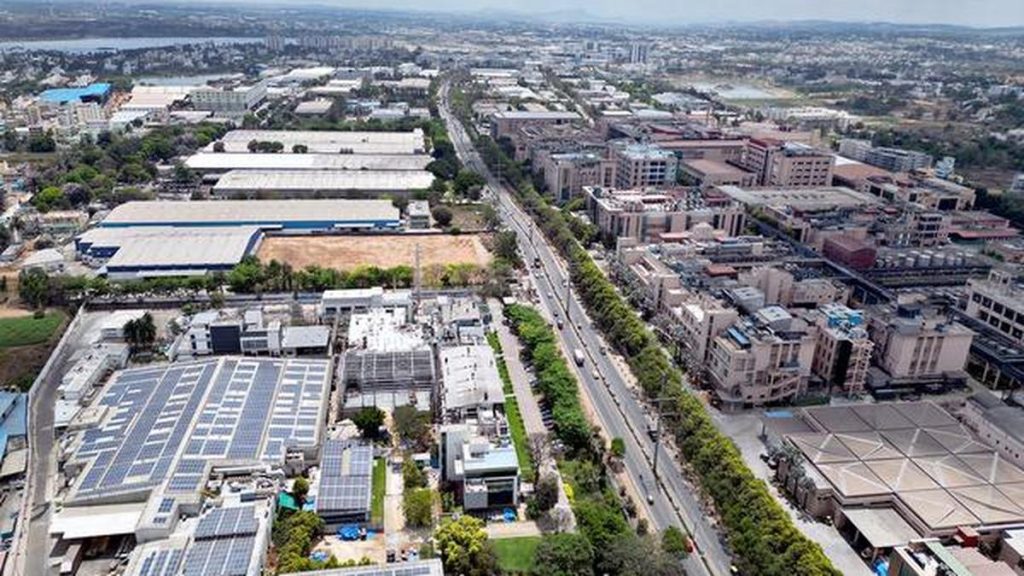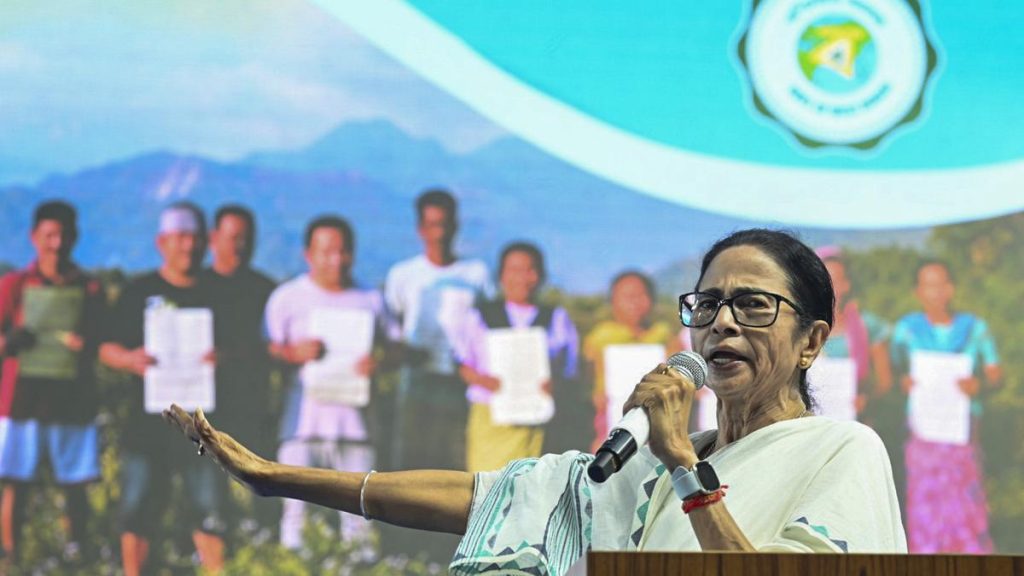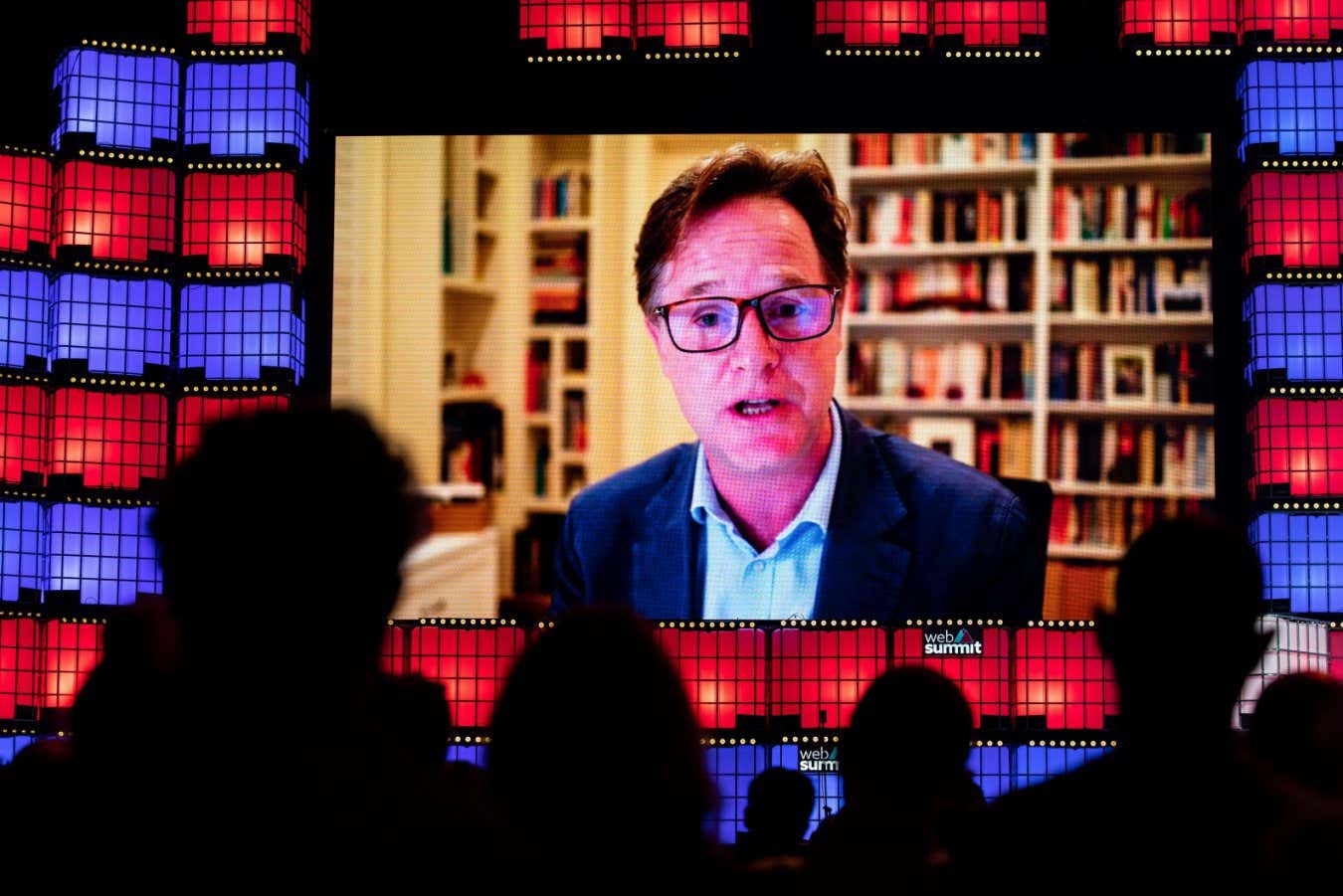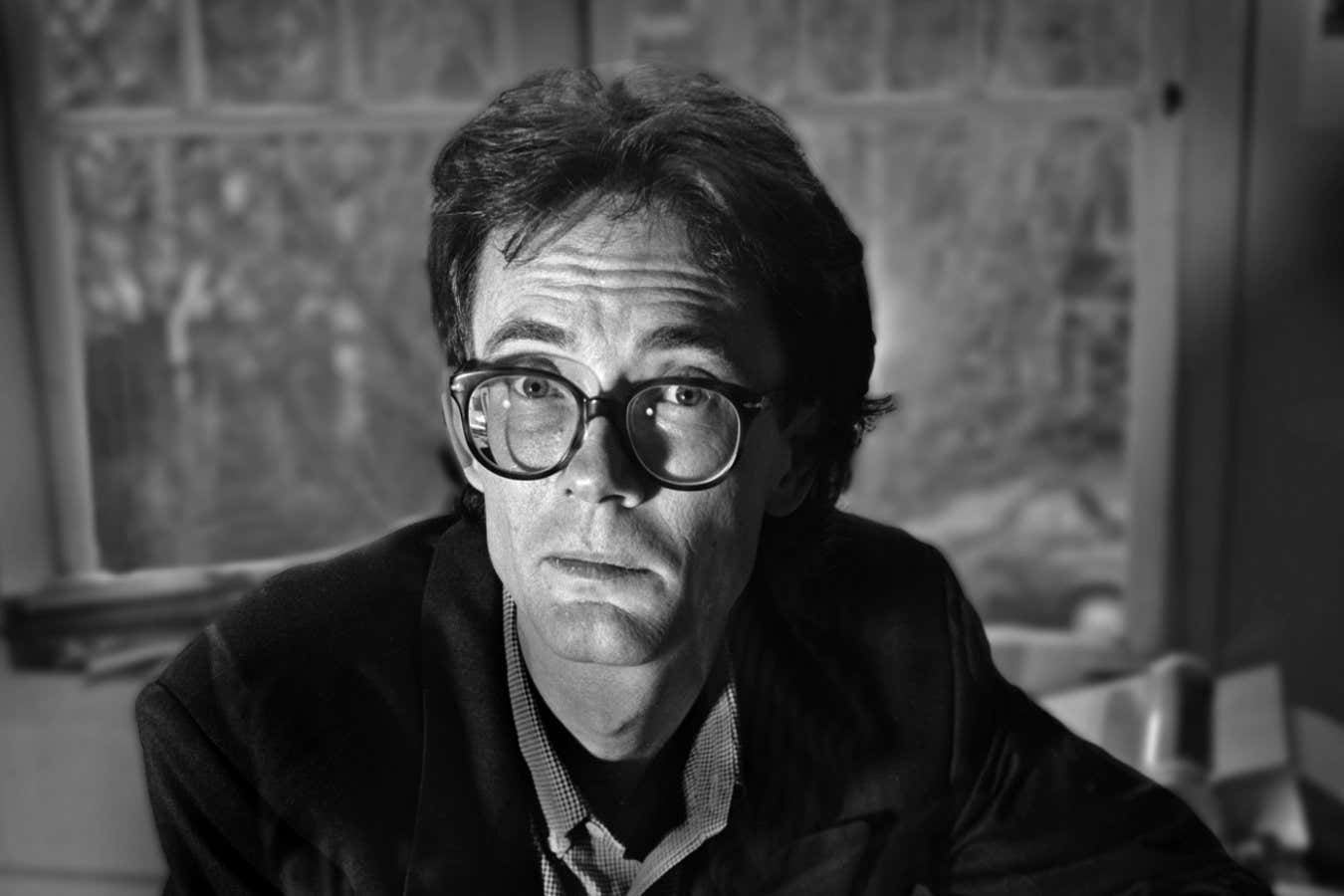Now Reading: Spacetime vs. Space-Time: Why the Difference Matters
-
01
Spacetime vs. Space-Time: Why the Difference Matters
Spacetime vs. Space-Time: Why the Difference Matters

Fast Summary
- Chanda Prescod-Weinstein, an associate professor of physics and astronomy at the University of New Hampshire, discusses her new book The Edge of Space-Time, exploring the concept of “space-time” or “spacetime.”
- The term “space-time” historically represents a unified concept combining space and time dimensions,popularized by Einstein’s theories. It creates challenges in scientific communication due to its conceptual complexity.
- The choice between hyphenated “space-time” or unhyphenated “spacetime” is viewed as significant in conveying whether it’s a merger of previously understood phenomena (space and time) or an entirely new entity.
- Weinstein chose “space-time” for her book title, reflecting language from cosmology texts like Stephen Hawking’s The Large Scale Structure of Space-Time.
- she explains it as central to discussing boundaries and edges in physics but admits uncertainty over whether the distinction reflects habits or deeper scientific preferences.
- Philosophically, she acknowledges leaning toward viewing space-time both analytically as distinct components (space and time) and holistically unified (“spacetime”).
Indian Opinion Analysis
India has historically contributed to discussions on basic aspects like space, time, and cosmology-elements integral to cultural ideology ranging from vedantic thought to modern physics. Chanda Prescod-Weinstein’s debate about terminology underlines critical considerations in how we understand abstract concepts shaping science globally. For India’s academic landscape-rapidly growing its astrophysics research infrastructure-such questions highlight the importance for researchers not only to deepen their technical expertise but also refine ways concepts are communicated.
Choosing between terms like “space-time” vs “spacetime” serves as a reminder that language impacts perception. Whether perceived traditionally as combinations or more modern emergent entities could influence pedagogy when teaching Einsteinian concepts across India’s varied educational strata.This debate showcases how intricacies around framing definitions drive broader implications even beyond science-possibly influencing interdisciplinary studies when linking physics with history/philosophy domains actively rising across premier institutes such IIT/IISER centers locally expanding cognition+research models blending epistemological-philosophic overlaps’d history earlier here insight zone abroad navigating boundary definitional spaces.




























